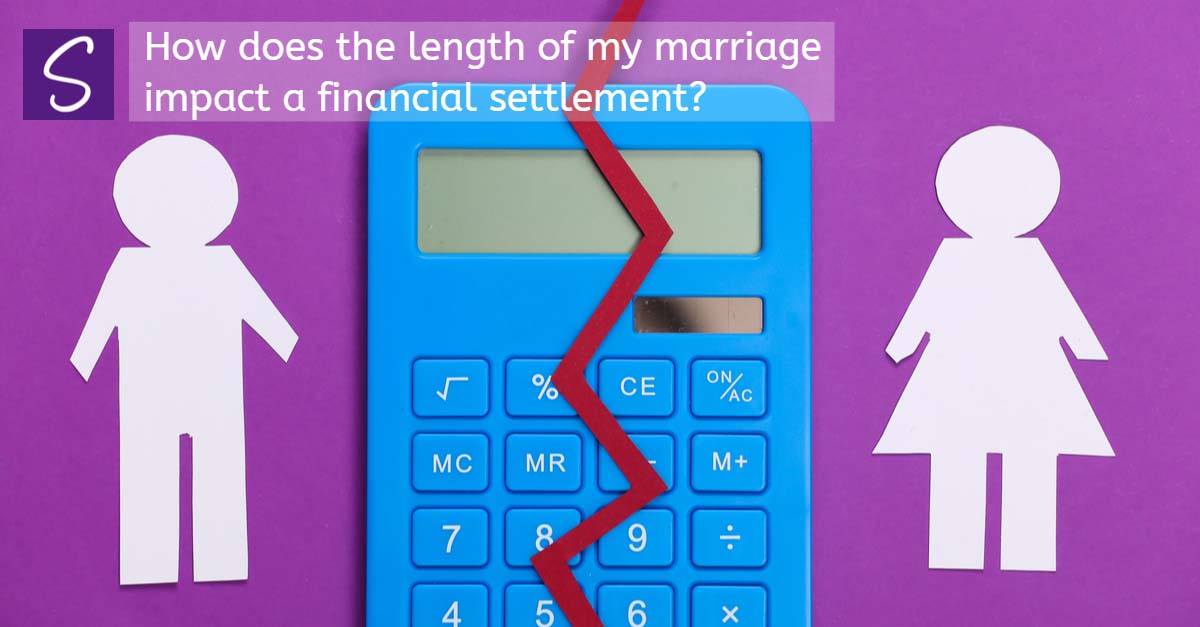Upon consideration of a financial settlement, the principle of equality of sharing has been embodied in the Court in England and Wales since the landmark case of White. An argument often relied upon is whether the Court should consider that this be departed from due to the marriage being of short length.
The length of a marriage is a factor the Court must consider according to s25(2)(d) of the Matrimonial Causes Act 1973.
The length of marriage, along with the following, are taken into account:
a) an assessment of the parties’ assets and income (their resources)
b) an assessment of each of the parties financial ‘needs’ going forward
c) the standard of living that was enjoyed by the family during the marriage
d) the conduct of each of the parties (only considered in exceptional circumstances, the threshold for allegations is high)
e) any contributions made by either of the parties
When considering the length of the parties’ marriage and the impact of this, the court has determined that the whole relationship length should be considered as opposed to the length of the marriage. The start date of this is effectively the date in time before the marriage that the parties could be said to be in a “committed sexual, emotional, physical and psychological, if somewhat itinerant relationship” and the end date is the date of the hearing. This would formulate the marriage length. The principle alone of a short marriage does therefore not have bearing upon the equality principle in the division of martial assets.
The Court’s consideration upon the ‘length of marriage’ can therefore be simplified as follows. The longer the marriage, the more difficult it will be to characterise assets as being accrued pre and post marriage with a view to them being excluded from the sharing principle. In a ‘longer’ marriage, the parties’ assets and income are more likely to become intermingled and therefore indistinguishable.
The Court will not give higher weight to one of the s25 factors, and each factor will be considered in the context of each individual case in order to determine what will be a fair and appropriate settlement.
If you require any legal advice or assistance about divorce, separation or any other family law matter, please do not hesitate to take advantage of a free half hour consultation with one of our specialist family lawyers here at Sinclair Law 01625 526 222.

Article by Amelia Fernley – Trainee Solicitor – Sinclair Law




